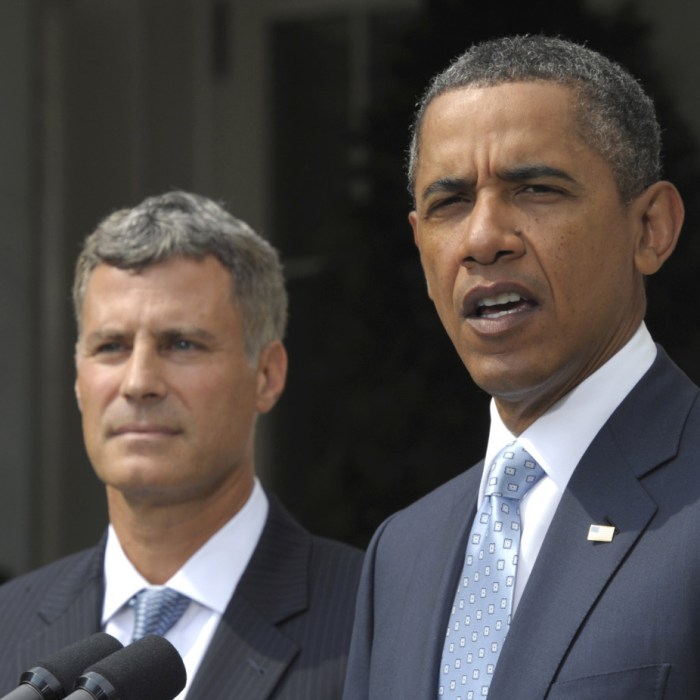An economist who favors smaller government would recommend – In the realm of economics, the debate between government intervention and free markets has long been a contentious one. This article delves into the perspective of an economist who favors a smaller government, exploring their views on government intervention, fiscal policy, regulation, social welfare programs, and privatization.
An economist who advocates for a smaller government typically believes that the free market is the most efficient allocator of resources. They argue that government intervention often leads to market distortions, inefficiencies, and reduced economic growth.
Government Intervention
An economist who favors smaller government would view government intervention in the economy as a distortion to the free market and a potential source of inefficiency and rent-seeking behavior.
They would argue that government intervention often leads to unintended consequences, such as higher prices, reduced innovation, and slower economic growth.
Examples of policies that such an economist might support include:
- Reducing or eliminating government subsidies
- Deregulating industries
- Privatizing government-owned businesses
Examples of policies that such an economist might oppose include:
- Price controls
- Government bailouts
- Government-mandated minimum wages
Fiscal Policy

An economist who favors smaller government would typically recommend fiscal policies that reduce the size and scope of the government.
This could include:
- Reducing government spending
- Cutting taxes
- Reducing the national debt
The potential effects of these recommendations on economic growth and stability are complex and depend on a variety of factors.
In general, however, economists who favor smaller government believe that reducing the size and scope of the government will lead to higher economic growth and greater economic stability.
Regulation

An economist who favors smaller government would typically view government regulation as a barrier to economic growth and innovation.
They would argue that regulations often impose unnecessary costs on businesses and consumers and that they can stifle competition and reduce economic efficiency.
The potential economic consequences of reducing or eliminating regulations are complex and depend on the specific regulations in question.
However, in general, economists who favor smaller government believe that reducing or eliminating regulations will lead to higher economic growth and greater economic freedom.
Social Welfare Programs

An economist who favors smaller government would typically recommend reducing the size and scope of social welfare programs.
They would argue that these programs are often inefficient and that they can create dependency and reduce incentives to work.
The potential trade-offs between reducing government spending and providing social safety nets are complex and depend on a variety of factors.
However, in general, economists who favor smaller government believe that reducing the size and scope of social welfare programs will lead to a more efficient and dynamic economy.
Privatization

Privatization is the process of transferring ownership of a government-owned business or asset to the private sector.
Economists who favor smaller government typically support privatization because they believe that it can lead to increased efficiency and innovation.
They argue that private businesses are often more efficient than government-owned businesses and that they are more likely to invest in new technologies and products.
Examples of industries or services that such economists might advocate for privatizing include:
- Public utilities
- Transportation
- Education
- Healthcare
Top FAQs: An Economist Who Favors Smaller Government Would Recommend
What is the main argument of an economist who favors a smaller government?
An economist who favors a smaller government argues that the free market is the most efficient allocator of resources and that government intervention often leads to market distortions, inefficiencies, and reduced economic growth.
What are some specific policy recommendations that an economist who favors a smaller government might make?
An economist who favors a smaller government might recommend reducing government spending, cutting taxes, deregulating industries, and privatizing government-owned businesses.
What are the potential benefits of a smaller government?
A smaller government can lead to greater economic freedom, innovation, and overall well-being. It can also reduce the burden of government spending on taxpayers and businesses.
What are the potential drawbacks of a smaller government?
A smaller government can lead to reduced social welfare programs, environmental degradation, and increased income inequality. It can also make it more difficult for the government to respond to economic crises.